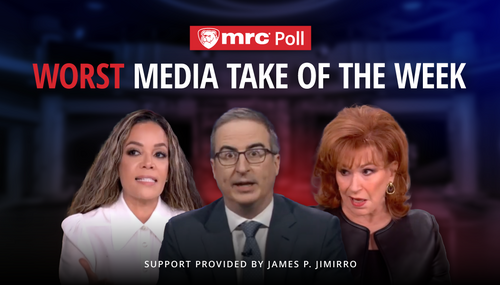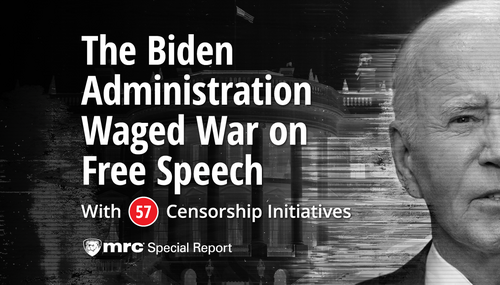For thoughtful content producers in Hollywood, Trump’s November 8 victory signaled the need for strategic reflection. If Hillary Clinton so patently missed the zeitgeist of Middle America, was the entertainment industry missing it too?
When they first brainstormed a forthcoming drama about two romantically attracted but politically opposed pundits, ABC studios chief Patrick Moran and Black-ish creator Kenya Barris did not know the outcome of the 2016 election. But now they do, and they won’t be scripting their show the way they had initially planned. In fact, the question is, as TLC President Nancy Daniels cogently put it, “Are we telling the right stories?”
Initially Moran and Barris had planned to take Hollywood’s beaten path—when it comes to politics, one side is generally made the fool, while the other is meant to gain the viewers’ allegiance. But after considering the already contentious tenor of American media, the pair reconsidered. "There was no way I wanted to do something that was going to further the divide in this country," Barris told THR’s Lacey Rose. So now, he’s searching for right-leaning writers to help compose the show’s script.
 Moran and Barris are not the first to admit bias and commit to storyline changes. In early December, ABC president Channing Dungey admitted her network’s failure to portray a spectrum of economic diversity in programming. "In recent history we haven’t paid enough attention to some of the true realities of what life is like for everyday Americans,” she conceded.
Moran and Barris are not the first to admit bias and commit to storyline changes. In early December, ABC president Channing Dungey admitted her network’s failure to portray a spectrum of economic diversity in programming. "In recent history we haven’t paid enough attention to some of the true realities of what life is like for everyday Americans,” she conceded.
But now, she’s going further. “We've always been a network that has prided itself on keeping diversity and inclusion at the forefront of our conversations," she explained. "But we've largely been defining that from a racial perspective, a religious perspective, an ethnic perspective, and looking at it from the point of view of issues of gender and sexuality and not as much through the prism of economics and of cities versus small towns."
So does that mean we’ll be seeing more widely relatable content on TV in 2017? It might take a bit longer than that, as shows for next year were in the works prior to the election. According to THR’s Lacey Rose, the shift will likely be “tonal” rather than “conceptual.” Moran also suggested that “hope, optimism and escapism” would be central programming themes.
Meanwhile, some executives, wrote Rose, don’t intend to abandon their progressive programming to reach broader audiences. One of the reasons producer Ryan Murphy is doing Feud, he told THR’s Women in Entertainment attendees, is “because it directly confronts ageism, sexism, female pay scale inadequacies, the glass ceiling."
Others, like A+E Networks CEO Nancy Dubuc, feel that their shows like Duck Dynasty and Pawn Stars are already reaching audiences outside of the coastal elite hotspots. "People in the entertainment community have put their noses up at the kind of programming that we do," she told Rose. "Maybe they would be better served by paying a little more attention to actually watching and understanding the stories that we're telling."





